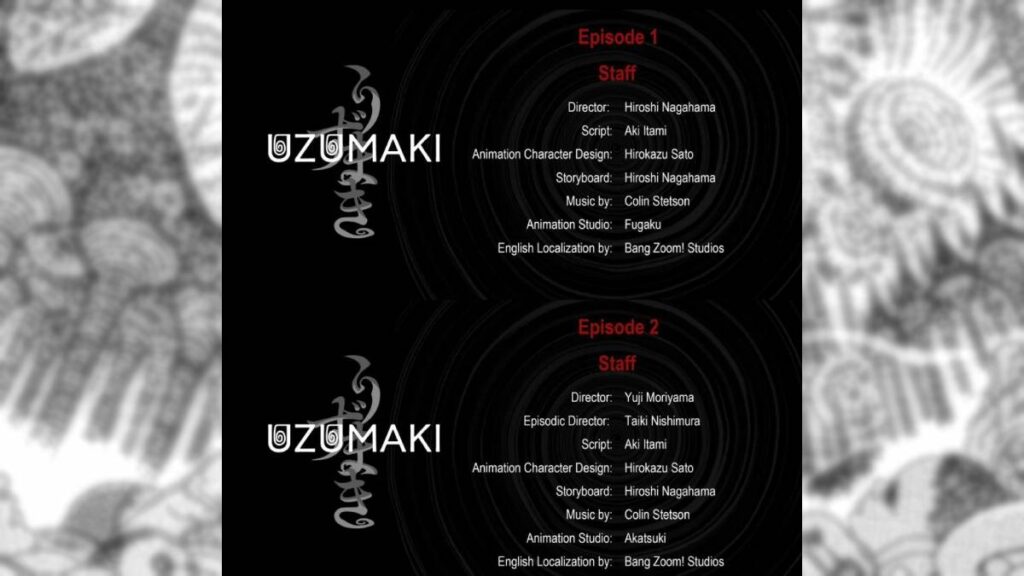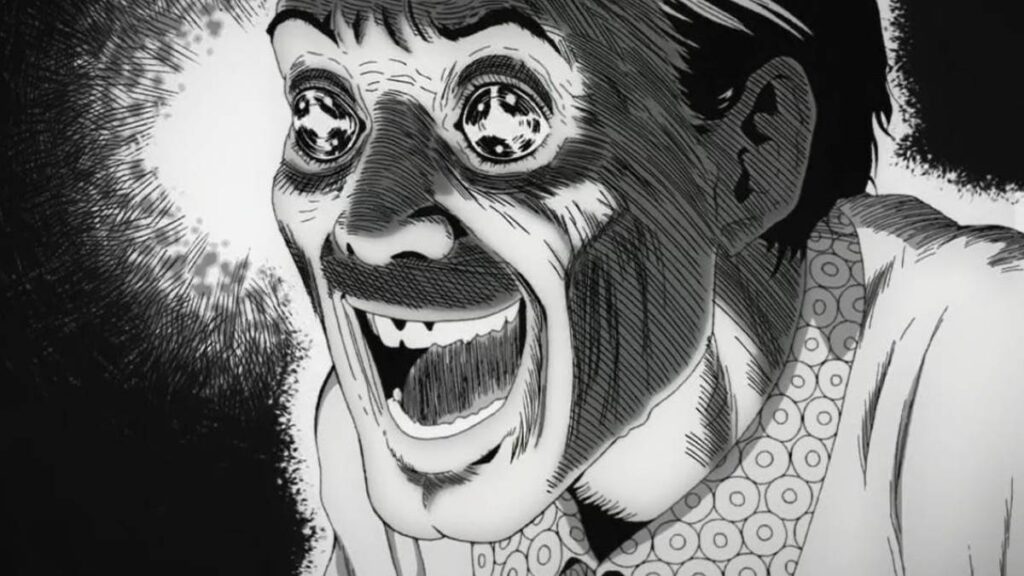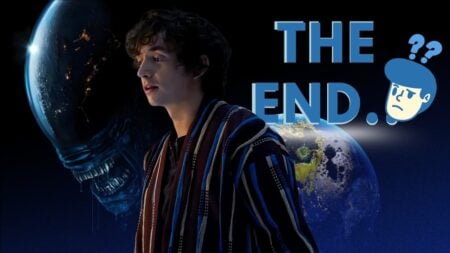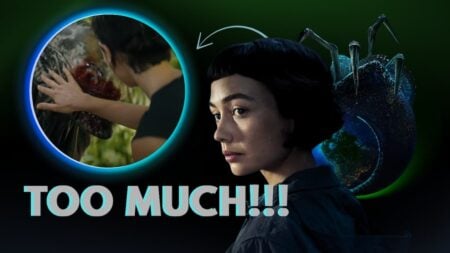You might want to reconsider if you’re looking forward to watching the anime adaptation of Junji Ito’s Uzumaki. The first episode was absolutely incredible, showcasing the terrifying and unsettling artistry of the original. However, the second episode left much to be desired.
In fact, the second episode of Junji Ito’s masterpiece had such a decline in animation that it sparked major controversy among fans. The conversation eventually caused executive producer Jason Demarco to explain what happened on Bluesky.
For context, the latest take on Junji Ito’s terrifying manga looked incredibly promising, boasting an animation style that almost replicated the manga. However, when the second episode aired, it became clear that all of the trailers were exclusively of the first episode and suddenly, the hype died. Honestly, I can’t imagine waiting so long for an adaptation as good as what was seen in the trailers just to end up feeling betrayed.
Despite all the posts Demarco made on the topic having been deleted, CN News/Schedule on Twitter secured a screenshot. Demarco explains that he knew this situation would occur and that it was a single person’s fault. He also acknowledges fans’ annoyance, explaining that the choice to air all of the episodes despite the dip in quality was to honor all the hard work.
It’s fine, we know this would happen. I can’t talk about what went down but we were screwed over and the options were A) not finish and air nothing and call it a loss, B) Just finish and air ep 1 and leave it incomplete or C) run all four, warts and all. Out of respect for the hard work we chose C.”
Jason Demarco

The first episode of Uzumaki was animated by a studio named Fugaki, while the second episode was animated by a different one named Akatsuki. The former is well-known for producing the adorable series Dog Signal, while the latter has several works under their belt, including in-between animation for nearly 50 animes. It seems that Akatsuki doesn’t really have any complete episodes in their portfolio.
I understand where Demarco is coming from, especially considering that the first episode likely cost a bundle to animate and produce. However, it also seems that the only other option was not to air the entire show. Personally, I think that objectively well-liked works shouldn’t be remade unless the entirety can match what fans expect of them. At least, it seems as though that was the producer’s initial intention.








